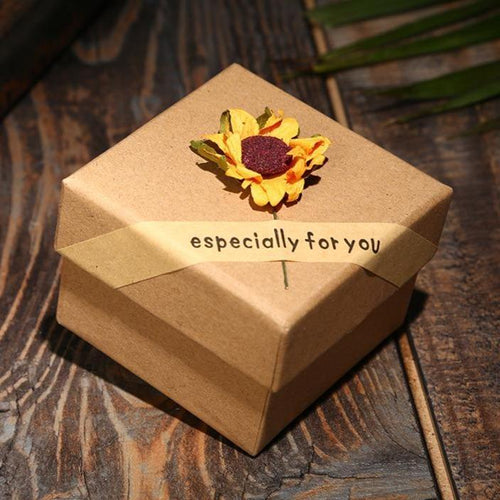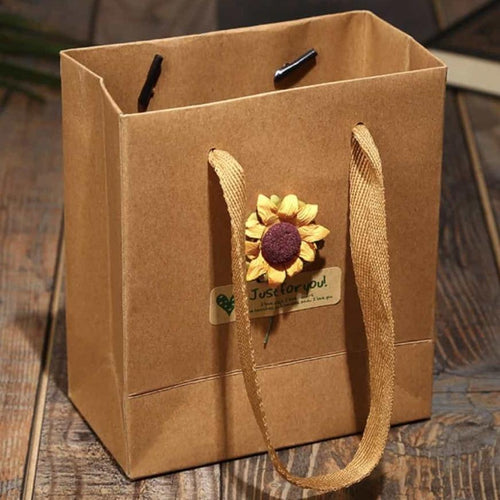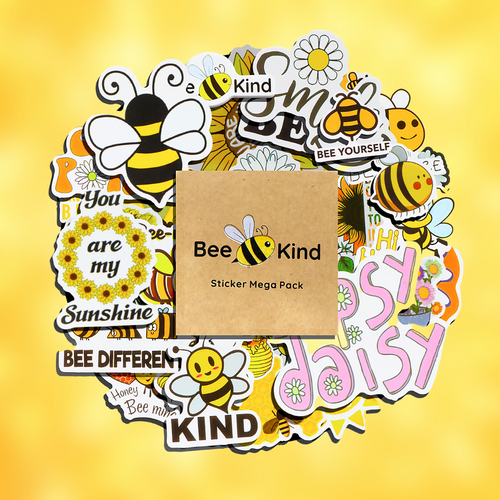The Southeastern blueberry bee (Habropoda laboriosa) is a native bee found in much of the eastern regions of the U.S. Their size ranges anywhere from 0.5 inches – 0.62 inches with females landing on the larger side. They resemble worker bumble bees on the wing in size and markings, but male southeastern blueberry bees can distinguished by their yellow “face”. Some bumble bees may also have yellow bristles on their face, while the yellow patch on male southeastern blueberry bees is not covered in bristles.
Fan fact: blueberry bees are not aggressive and generally do not sting! Like many solitary bees, they tend to sting only when someone accidentally crushes them.
Southeastern blueberry bees are solitary nesters that dig nesting chambers in sandy soils.

Like its name suggests, the Southeastern blueberry bee forages primarily on blueberry pollen and nectar, although it will also visit several other early blooming plants. Blueberry pollen is sticky and relatively heavy. It cannot move on its own and it is not easily blown around by the wind like pine pollen or corn pollen.
Southeastern blueberry bees sonicate, or "buzz pollinate" flowers, and when walking through a field with these bees present, their buzzing can help observers locate to track their movements. They attach themselves lightly to the flower and vibrate their flight muscles to shake or dislodge the pollen from the anther onto the bee. Southeastern blueberry bees appear adapted to forage on blueberries and other plants that flower in the early spring, such as Carolina jessamine, oaks, and red buds
If blueberry bees were to visit your garden, it will only do so for a couple of weeks a year. Do you want to take a guess what weeks those are?
That’s right, the exact same week that blueberries are in bloom!
Blueberry bee is a very effective pollinator, with a special advantage that they fly out of their nests even in cold and rainy weather.
There are 2 main things you can do to help Southeastern blueberry bees.
First: plant blueberry bushes, as this is their favorite plant. And second: stay away from pesticides! Blueberries are pest-free and simple to cultivate, but you should avoid using lawn herbicides that may harm bees that are nesting underground.
A portion of every purchase at Bee Kind Shop is donated to non-profit organizations that help save bee colonies around the globe.











